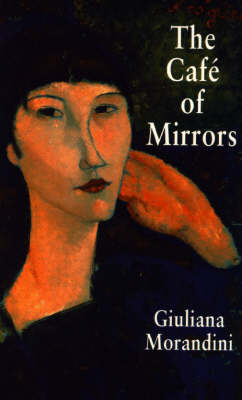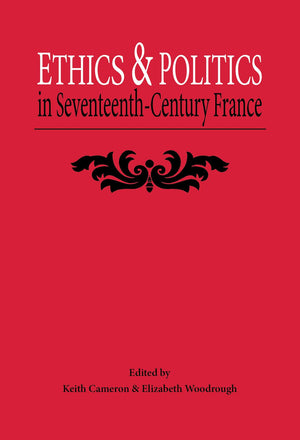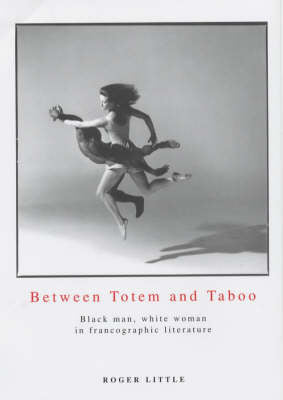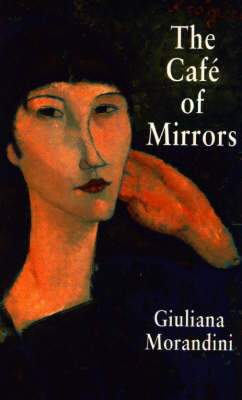University of Exeter Press
The Café Of Mirrors
Couldn't load pickup availability
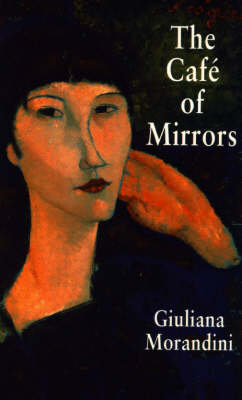
- 176 Pages
Katharina Pollaczek, a young woman of Slav origin, returns to the Italian border city of her youth to fight for the custody of her young son. The narrative charts Katharina's wanderings through the beautiful but decaying streets of this once-great city which is clearly recognisable as Trieste. Casual encounters highlight the pain and difficulty of communication, and her chance arrival at the scene of the murder of a young Serbian woman forces Katharina to contemplate the tragedy of ethnic tension and the crisis of conscience which characterizes an entire generation.
This is the first translation into English of this Italian novel and the Introduction by Luisa Quartermaine includes background on the book as well as on Morandini, Trieste and the history of the region.
This is the first translation into English of this Italian novel and the Introduction by Luisa Quartermaine includes background on the book.
'Morandini's images accumulate an indefinable, concrete power.' (Common Knowledge, 1998)
'As the title suggests, the book is concerned with vision and with recognition, but the overriding theme is of alienation. Katharina is alienated from her past, from her ex-husband, but also from the city and from the people she meets there. This alienation comes across even more clearly in Quartermaine's translation, with its rather old-fashioned language and its extremely close adhesion to Morandini's text, itself written in an Italian which is not intended to be realistic. Quartermaine's literality operates a Verfremdunseffekt which seems to echo the ideas of Walter Benjamin, who advocated literal, foreignizing translation as a way of stretching the boundaries of language . . . Both as a piece of translation and a piece of translation publishing, The Café of Mirrors is excellently done.' (Translation Ireland, September 1997).
Acknowledgements
Introduction by Luisa Quartermaine
Cafe of Mirrors







